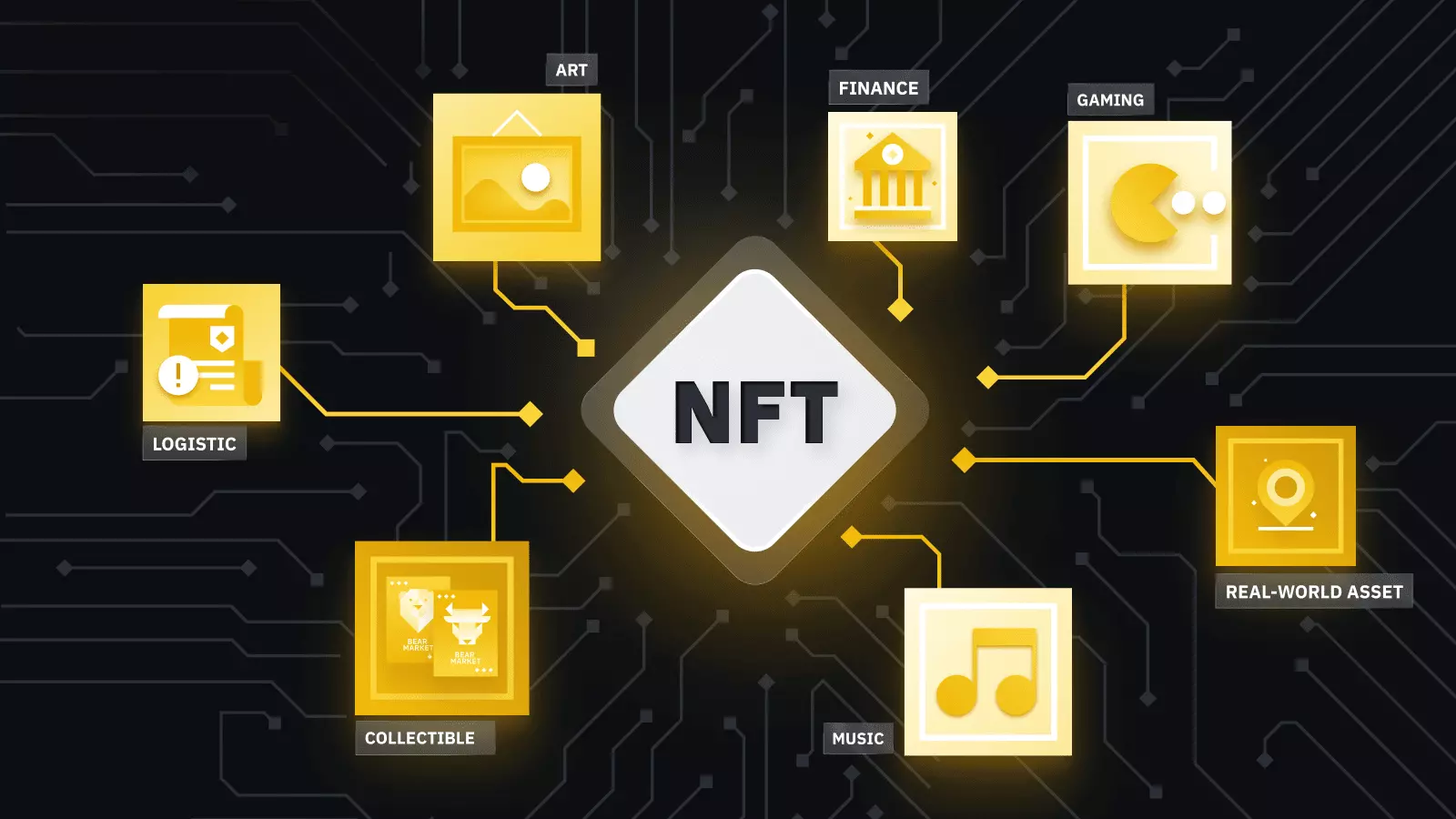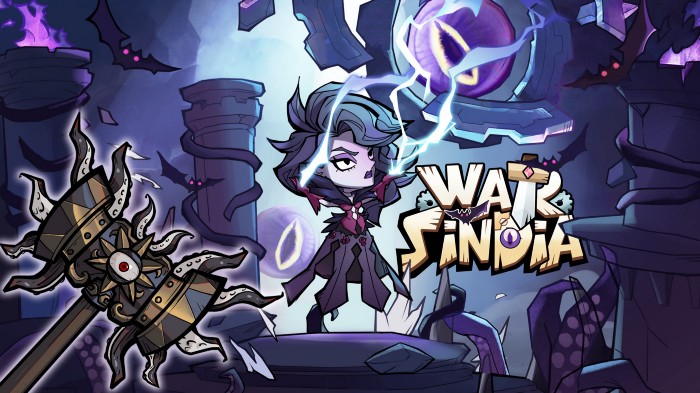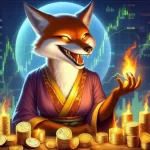Demystifying the World of NFTs
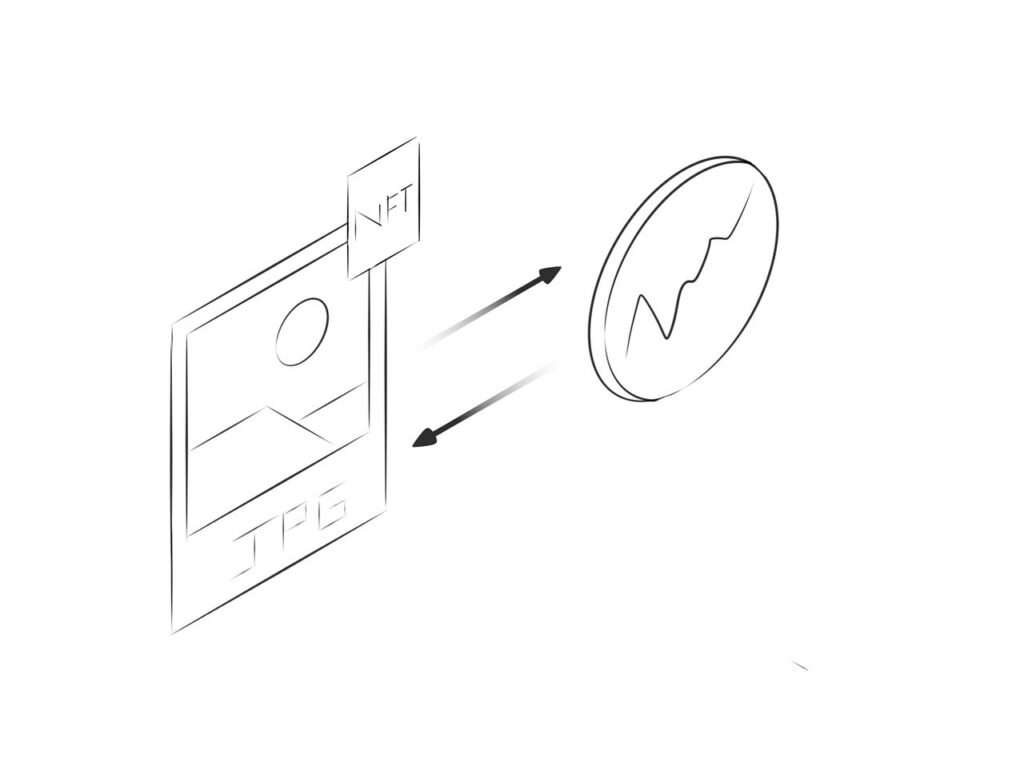
In the digital age, there’s a new buzzword shaking up the internet: Non-Fungible Tokens, or NFTs. These unique digital assets have been making headlines, changing the way we think about owning things online. But what exactly are NFTs, and how do they work?
Content
What are NFTs?
NFTs represent digital assets that are indivisible, unique, and verifiable on a blockchain ledger, distinguishing them from fungible cryptocurrencies like Bitcoin or Ethereum. Each NFT encapsulates the ownership or authenticity of a specific item or piece of content, whether it’s a digital artwork, a virtual collectible, or an in-game asset.
NFTs are non-fungible, meaning each token is distinct and cannot be replicated or replaced by another token. Each NFT contains metadata that distinguishes it from any other token, making it one-of-a-kind and verifiably scarce. This inherent uniqueness imbues NFTs with scarcity, value, and irreplaceability, transforming them into sought-after commodities in the digital economy.
| Did You Know: While the concept of NFTs has been around for several years, they gained mainstream attention around 2017 with the launch of CryptoKitties, a blockchain-based game where players could buy, sell, and breed unique digital cats as NFTs. Since then, NFTs have experienced exponential growth, particularly in 2021, with high-profile sales of digital artworks, collectibles, and virtual land. |
How do Non-Fungible Tokens (NFTs) work?
Creation: A creator mints an NFT by tokenizing a digital asset using a smart contract on a blockchain platform that supports NFT standards such as ERC-721 or ERC-1155. This process involves attaching metadata to the token, including details about the asset, ownership rights, and any additional attributes.
Ownership and Transfer: Once minted, the NFT can be bought, sold, or traded on various online marketplaces or platforms specializing in digital collectibles, art, or gaming. Ownership transfers are recorded on the blockchain, providing a transparent and immutable ledger of ownership history.
Royalties and Secondary Sales: Creators may program royalties into the smart contract, allowing them to earn a percentage of the sale price each time the NFT is resold in the secondary market. This provides ongoing support for creators and incentivizes the creation of valuable digital assets.
Interoperability: NFTs are interoperable, meaning they can be used across different platforms and applications that support the same standards. This enables seamless integration and exchange of digital assets within the broader ecosystem of NFTs.
Why are NFTs important?
Ownership and Authenticity: NFTs provide a secure and transparent way to establish ownership and verify the authenticity of digital assets, ranging from art pieces to virtual real estate.
Monetization Opportunities: NFTs enable creators to monetize their digital creations by tokenizing them and selling them as unique collectibles or assets. This opens up new revenue streams for artists, musicians, game developers, and other content creators.
Democratization of Markets: NFTs democratize access to markets traditionally dominated by intermediaries, allowing creators to directly engage with their audience and sell their work without relying on galleries, publishers, or record labels.
Interoperability: NFTs can be bought, sold, and traded across different platforms and marketplaces, fostering interoperability and liquidity within the NFT ecosystem.
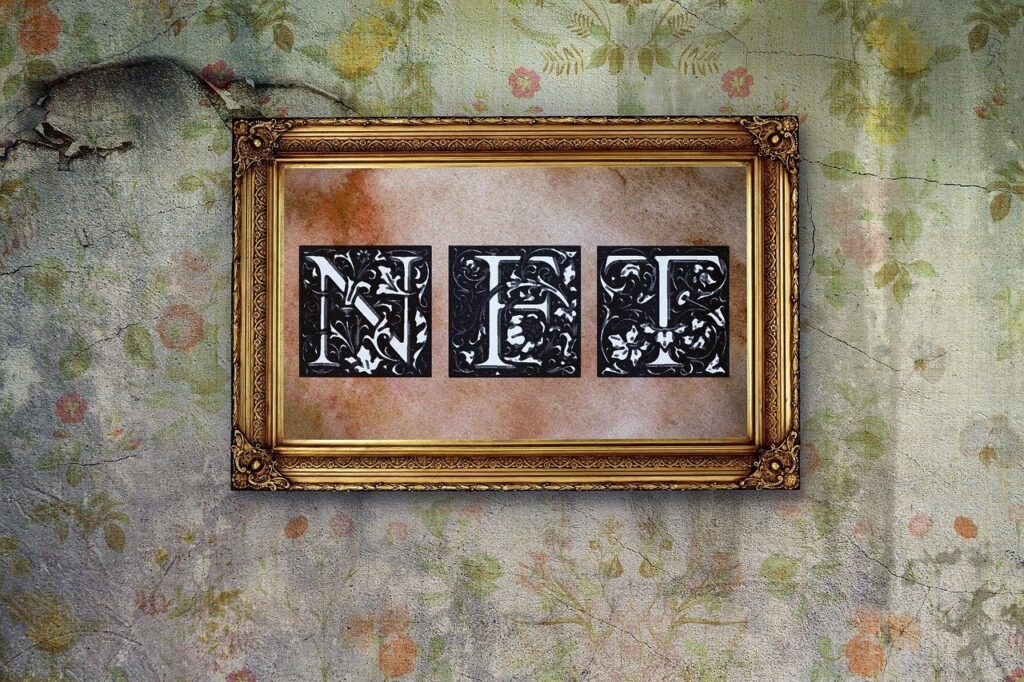
NFTs in Art
The art world has been profoundly impacted by the advent of NFTs, offering artists unprecedented opportunities for monetization, exposure, and creative expression.
Through NFTs, digital artists can tokenize their artwork, turning digital files into scarce, collectible assets that can be bought and sold on blockchain-powered marketplaces. This democratizes access to the art market, bypassing traditional gatekeepers and enabling direct interaction between artists and collectors.
Moreover, NFTs introduce new revenue streams for artists, allowing them to earn royalties on secondary sales. This has the potential to revolutionize the way artists sustain themselves financially, empowering them to focus on their craft full-time.
NFTs in Gaming
In the gaming industry, NFTs are reshaping the notion of in-game assets and virtual economies. Players can own and trade unique items, characters, or even entire game worlds as NFTs, blurring the lines between virtual and real-world value.
Gamers can acquire NFT-based items, such as character skins, weapons, or virtual real estate, and trade them in decentralized marketplaces. This has introduced new opportunities for gamers to monetize their gaming experiences, as well as for developers to create immersive, player-driven ecosystems.
Furthermore, NFTs facilitate cross-game compatibility, allowing assets to be utilized across multiple gaming platforms, enhancing player engagement, and fostering new forms of gameplay. Additionally, the scarcity and authenticity of NFTs enhance the value proposition of in-game collectibles, fostering a thriving secondary market where rare items can fetch significant prices.
NFTs in Collectibles
Collectibles markets, spanning domains from sports memorabilia to digital trading cards, are experiencing a renaissance thanks to NFTs. Collectors can tokenize rare and unique items, creating digital representations that retain their scarcity and authenticity. This has expanded the concept of collecting beyond physical limitations, opening new avenues for enthusiasts to engage with their favorite hobbies and interests.
The emergence of NFT marketplaces dedicated to collectibles has facilitated the buying and selling of digital memorabilia, ranging from iconic moments in sports to historical artifacts. These platforms provide a global marketplace where collectors can discover, purchase, and showcase their prized possessions, regardless of geographical boundaries.
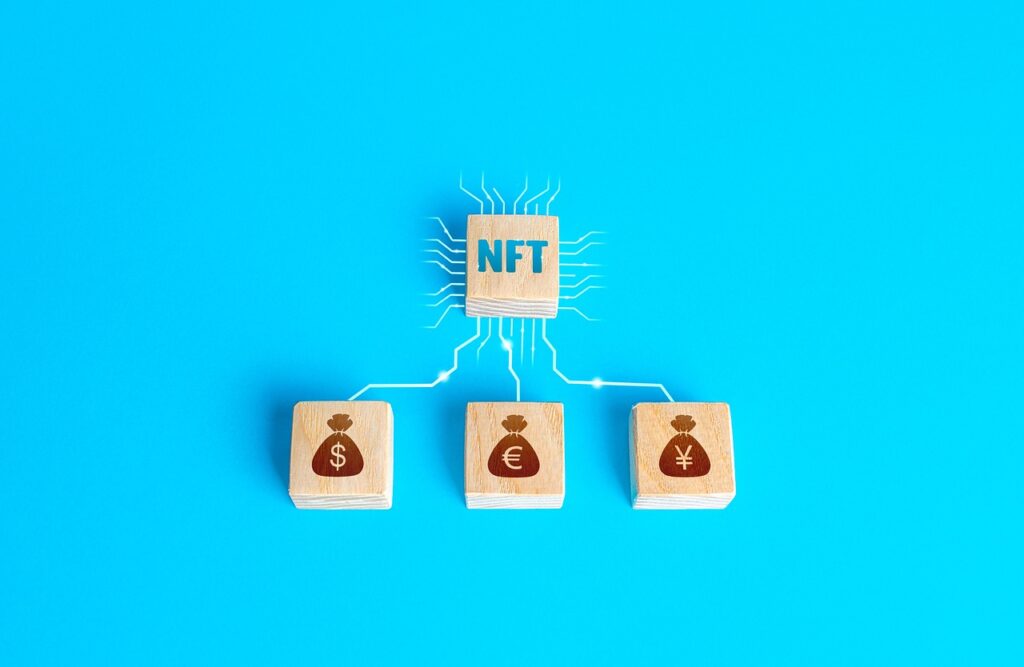
If you’re interested in NFT ownership and investments but need advice regarding blockchain-based investment strategies, digital asset consultants at Kenson Investments are here to help.
Our comprehensive digital asset consulting services cover everything from helping you navigate the intricacies of NFT marketplaces to devising personalized investment strategies aligned with your goals and risk tolerance.
Whether you’re a seasoned investor or new to the space, we’re here to support you on your journey toward maximizing opportunities in the digital economy. Reach out to us today to explore how we can help you leverage the power of NFTs and blockchain technology for your investment portfolio.
Disclaimer: The content provided on this blog is for informational purposes only and should not be construed as financial advice. The information presented herein is based on personal opinions and experiences, and it may not be suitable for your individual financial situation. We strongly recommend consulting with a qualified financial advisor or professional before making any financial decisions. Any actions you take based on the information from this blog are at your own risk.
About the Author
Laura Smith is a seasoned financial analyst and blockchain enthusiast with a passion for exploring emerging technologies and their impact on the global economy. With over a decade of experience in the financial industry, Laura has cultivated a deep understanding of investment strategies and market trends, specializing in digital assets and decentralized finance.

As a writer, Ruben is an advocate of blockchain technology and cryptocurrency in general. He writes about all things from cryptography to economics, with a focus on how it applies to cryptocurrencies. He is also passionate about writing about topics such as decentralization, open-sourced software development, and copyright law.
